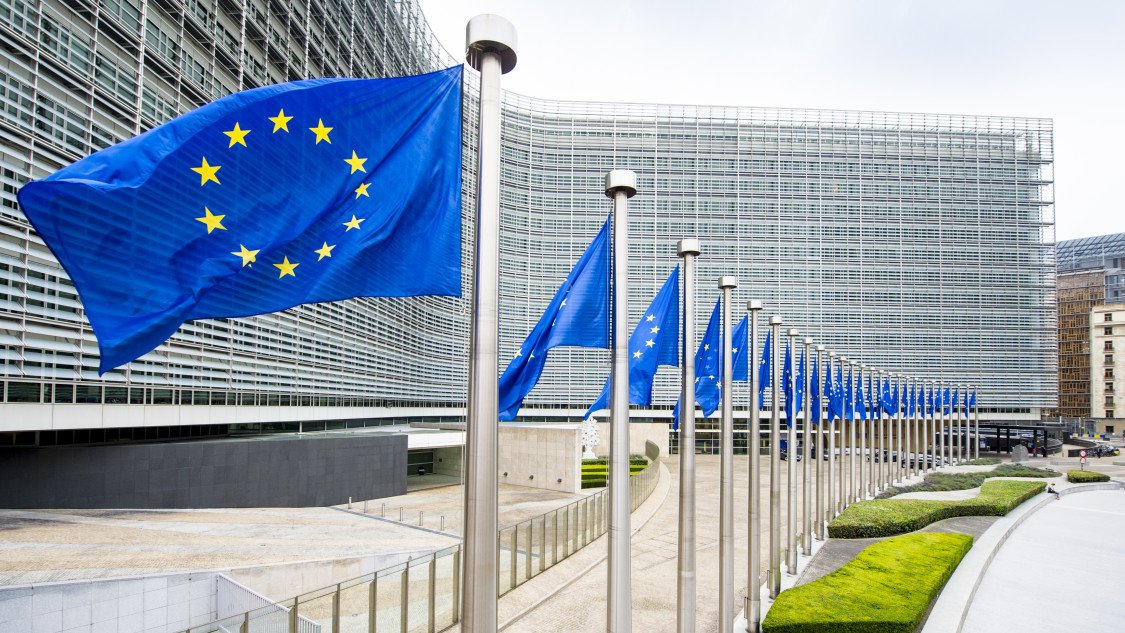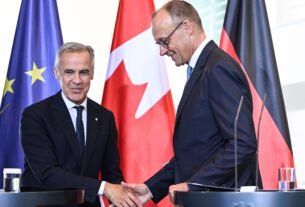The EU executive has approved, under EU State aid rules, a €264 million Hungarian measure to support Hungary Sunwoda Automotive Energy Technology Ltd. in setting up an electric vehicle battery plant.
Read the original in Hungarian.
The measure, which will take the form of a cash grant and of a tax credit, will support Sunwoda Hungary’s €1.43 billion investment in a greenfield electric vehicle battery plant located in Nyíregyháza.
This will incentivise the company to centre its investment in Hungary and contribute to the economic development of Nyíregyháza, by creating over 2500 direct jobs and over 470 indirect jobs in the region, the European Commission said.
“The project will produce lithium-ion battery cells that can power electric vehicles and support the transition to a low-carbon economy.”
The Commission assessed the Hungarian measure under EU State aid rules, in particular Article 107(3)(a) of the Treaty on the Functioning of the European Union (‘TFEU’), which enables Member States to grant aid to promote the economic development of the most disadvantaged areas in Europe, and the Regional Aid Guidelines.
The Commission found that
“the measure will contribute to the economic development, employment and competitiveness of a disadvantaged region.”
In addition, the Commission concluded that the aid is necessary and appropriate.
“Furthermore, the aid has an incentive effect, as the beneficiary would not have carried out the project in the European Economic Area without the public support.”
Finally, the Commission found that the measure is proportionate, as it is limited to the minimum necessary to trigger the investment in Hungary. In particular, the support will not exceed the maximum amount of aid calculated on the basis of the aid intensity set out in the Hungarian regional aid map, and has a limited impact on competition and trade within the EU.
On this basis, the Commission approved the Hungarian measure under EU State aid rules.
The environmental permit for the capacity expansion of SungEel Kft.’s battery recycling plant in Bátonyterenye has been revoked by the Ministry of Energy, investigative journalism site Átlátszó reported earlier this week.
The permit, issued in April 2022, would have allowed the South Korean-owned company to process 27,400 tonnes of battery waste annually. The revocation came after the municipality of Bátonyterenye filed both a court appeal and an administrative complaint, citing inadequate environmental impact assessments and safety concerns.
The Ministry found that the Nógrád County Government Office had failed to notify the neighbouring Mátraverebély municipality and identified several deficiencies in air quality, noise protection, and waste management documentation.
Additionally, the company was recently fined HUF 5.54 million for unauthorised collection of charged battery waste, marking their fifth and sixth regulatory violations. SungEel claims the municipality’s opposition is politically motivated and maintains that the procedural issues can be easily resolved in a new permitting process. Átlátszó previously wrote that SungEel’s batter processing plant had recorded nickel levels 2,000 times above the safety limit.





